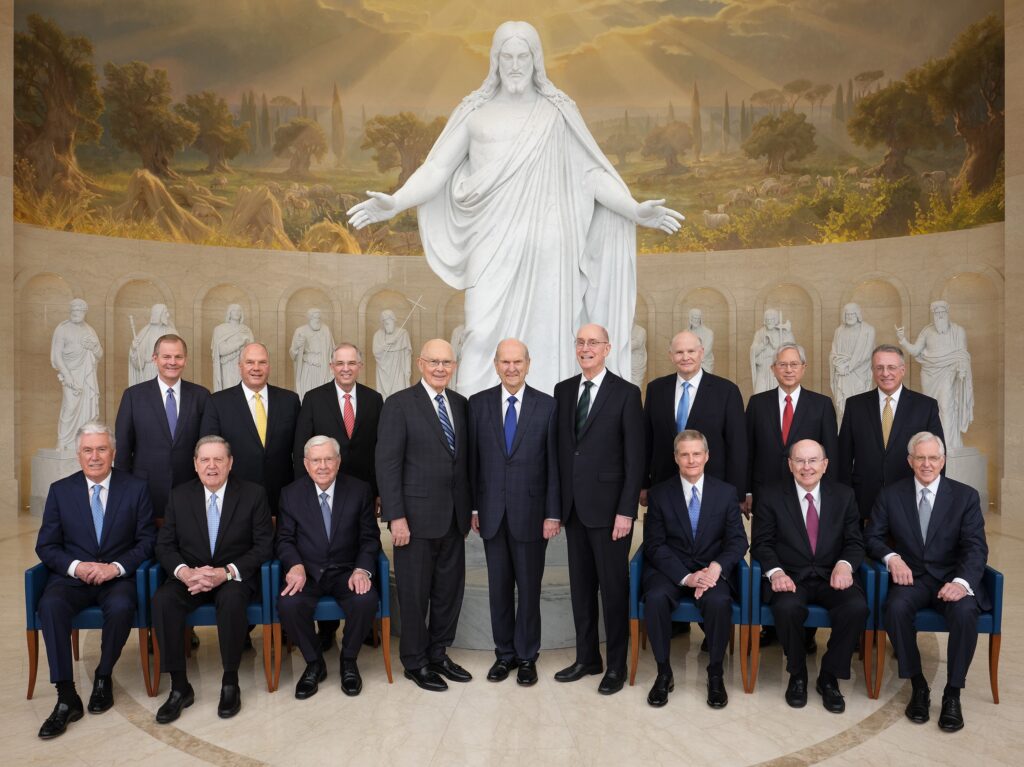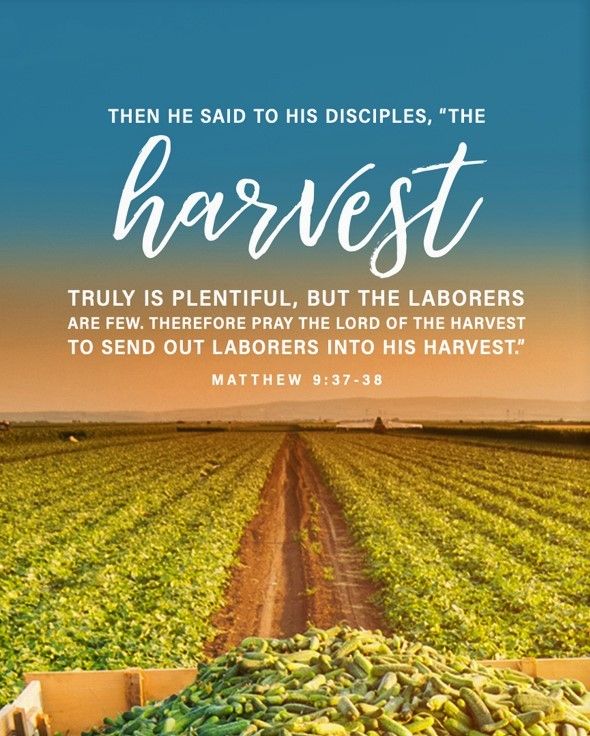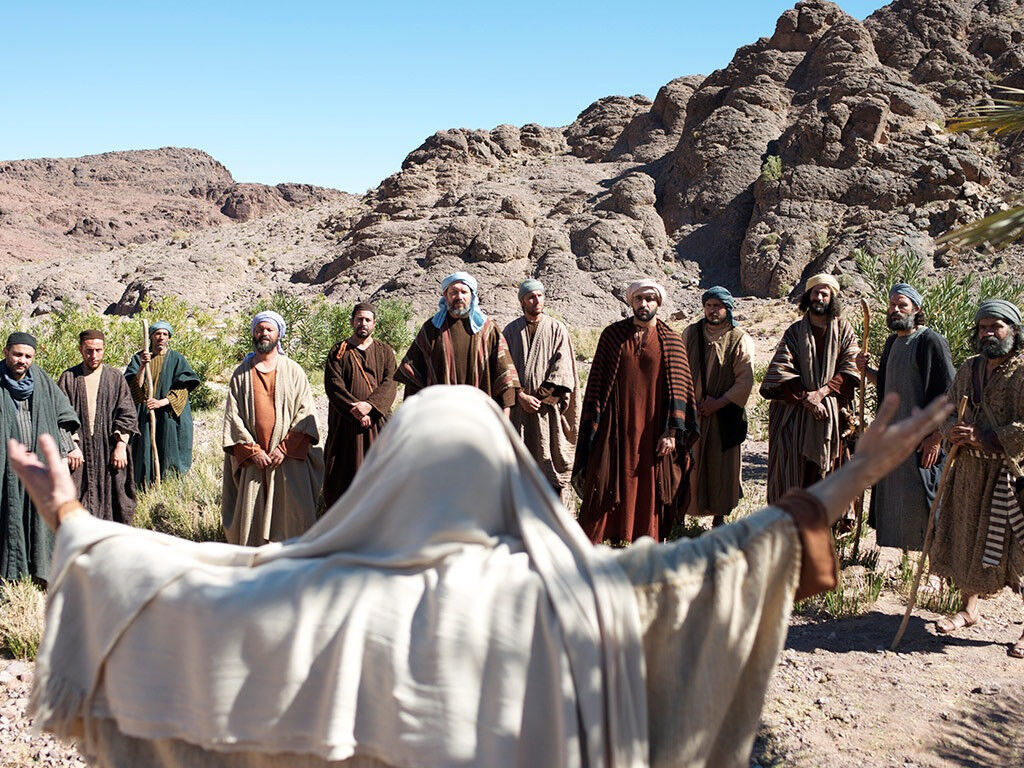To accompany your Come Follow Me study for March 6-12
In addition to reading the indicated chapters, you may wish to:
- Read the applicable portions of the New Testament Institute Student Manual at
- https://www.churchofjesuschrist.org/study/manual/new-testament-student-manual/introduction-to-matthew/chapter-4?lang=eng
- https://www.churchofjesuschrist.org/study/manual/new-testament-student-manual/introduction-to-mark/chapter-12?lang=eng
- https://www.churchofjesuschrist.org/study/manual/new-testament-student-manual/introduction-to-the-gospel-according-to-st-luke/chapter-17-luke-9-14?lang=eng
- See the following videos:
- Come Follow Me (Mar 6-12) Matthew 9–10; Mark 5; Luke 9 | For the One at Come Follow Me (Mar 6-12) Matthew 9–10; Mark 5; Luke 9 | For the One – YouTube
- Jesus Calls Twelve Apostles to Preach and Bless Others at https://www.youtube.com/watch?v=e-3TEnEzXHk
- Jesus Raises the Daughter of Jairus at https://www.youtube.com/watch?v=MGJ0TKRTEFI
- Jesus Heals a Woman of Faith at https://www.youtube.com/watch?v=36np176rqnE&t=36s
- The Gospel According to Matthew (from minute 58:48-1:17:15) at https://www.youtube.com/watch?v=woAhReBytBk&t=6494s
- The Gospel of Mark Visual Bible (from 19:21 to 24:48) at https://www.youtube.com/watch?v=BcdgY7V4jZ4&t=1190s
- The Gospel of Luke (from 1:33:00 to 1:48:10) at https://www.youtube.com/watch?v=2PHPLApTt7Y
If you would like a Kahoot game related to this material which you could use for personal study or use with your family or your class, click here: https://create.kahoot.it/share/matthew-9-10-mark-5-luke-9/390832fa-dbf1-4af1-9331-10b03affe1ea. (To use it with a group, after clicking on this link, you will need to log into Kahoot, creating a free account if you have not done so previously, then click on the blue “Start” button.)
Points to Ponder in Matthew 9-10; Mark 5; Luke 9
1. What do we learn in Matthew 9 that shows a need for the call Jesus extends in Matthew 10 to the twelve Apostles?
2. Matthew 10:1 says that Jesus called his “twelve disciples,” but verse 2 says they were the “twelve apostles.” Which is correct? What is the difference between a disciple and an Apostle?
3. What is the essential function of today’s twelve Apostles?

4. Is it most correct to refer to the Council of the Twelve or the Quorum of the Twelve? Or does it matter?
5. What did Jesus’ original twelve Apostles all have in common? How were they different? What can we learn from the type of men Jesus called?
6. Why are there so many with doctorate degrees (9 of the 15) or prominence in the business world (7 of the 15) among today’s Apostles, when Jesus called simple fishermen? Why do we have no Apostles today who were farmers? Or truck drivers? Or plumbers? (For brief biographies of the current members of the First Presidency and Quorum of the Twelve Apostles, see https://www.churchofjesuschrist.org/learn/global-leadership-of-the-church?lang=eng.)
7. Which of the instructions Jesus gave to His Apostles in Matthew 10 are still applicable to missionaries today? Which are not? Why?

8. Many in today’s world go to counselors or experiment with drugs or other questionable activities in an effort to “find themselves.” What did Jesus say in today’s reading was the key to success in that search?
9. What implications for our reaction to general conference do you see in Matthew 10:40: “He that receiveth you receiveth me”?

10. What new information of any significance did you learn in this week’s reading concerning events or teachings that we first encountered in a previous week’s reading assignment?
11. What events or teachings from this week’s reading that we haven’t discussed above would you assume we will be returning to in a future week when we encounter another account of the same in the writings of one or more of the other Gospel writers?
Possible Answers to Points to Ponder in Matthew 9-10; Mark 5; Luke 9
1. What do we learn in Matthew 9 that shows a need for the call Jesus extends in Matthew 10 to the twelve Apostles?
- Multitudes are attracted to Jesus’ work, but they were “scattered abroad, as sheep having no shepherd.” (9:36)
- His fame was spread abroad in all the country. (9:31)
- Jesus said, “The harvest truly is plenteous, but the labourers are few. Pray ye therefore the Lord of the harvest, that he will send forth labourers into his harvest.” (9:37-38)

2. Matthew 10:1 says that Jesus called his “twelve disciples,” but verse 2 says they were the “twelve apostles.” Which is correct? What is the difference between a disciple and an Apostle?
The Bible Dictionary tells us that a “disciple” is a “pupil or learner,” which can denote all followers of Jesus Christ. An “Apostle,” on the other hand, is a more specific term. It literally means, “one sent forth.” In Jesus’ day, it referred specifically to the twelve men He “chose and ordained to be His closest disciples during His ministry on earth and whom He sent forth to represent Him after His Ascension into heaven.”
3. What is the essential function of today’s twelve Apostles?
The Bible Dictionary explains that Apostles today are likewise twelve men who “constitute an administrative council in the work of the ministry,” specifically “the Quorum of the Twelve Apostles in The Church of Jesus Christ of Latter-day Saints.” Furthermore, “the calling of an Apostle is to be a special witness of the name of Jesus Christ in all the world, particularly of His divinity and of His bodily resurrection from the dead.”
4. Is it most correct to refer to the Council of the Twelve or the Quorum of the Twelve? Or does it matter?
Although historically, both terms have been used, the Church’s style guide indicates a preference for the term “Quorum of the Twelve.”
5. What did Jesus’ original twelve Apostles all have in common? How were they different? What can we learn from the type of men Jesus called?
All were men called from their previous occupations to spend full time in the work of the ministry. All, according to tradition or scriptural record suffered martyrdom for the cause, with the exception of Judas Iscariot, who betrayed Jesus and later committed suicide, and John, who was translated without tasting death. Though we sometimes characterize them as humble fishermen, they were, in fact, from a variety of backgrounds. Only Peter, Andrew, James, and John are specifically recorded as having been fishermen. Matthew (Levi) was a tax collector. We have no specific information about the backgrounds of the other seven. There is no indication that any of them had particular renown in society prior to their call, though the Savior knew their hearts and recognized virtues and abilities in them which fitted them for their calls, such as Nathaniel, of whom Jesus spoke of having no guile. The call of Judas needn’t lead us to suppose that Jesus made a mistake—rather than He called Judas specifically knowing that he was to play a villainous but necessary role in His own death.
6. Why are there so many with doctorate degrees (9 of the 15) or prominence in the business world (7 of the 15) among today’s Apostles, when Jesus called simple fishermen? Why do we have no Apostles today who were farmers? Or truck drivers? Or plumbers? (For brief biographies of the current members of the First Presidency and Quorum of the Twelve Apostles, see https://www.churchofjesuschrist.org/learn/global-leadership-of-the-church?lang=eng.)
Certainly, none of the fifteen were called because of their degrees or success or prominence in the world. But it is fair to say that the same talents and energy which led to their worldly success could also help them handle the heavy administrative load carried by those who head up the Lord’s kingdom on earth. As 2 Nephi 9:29 reminds us, “To be learned is good if they hearken unto the counsels of God.” A faithful farmer or plumber of course can be just as righteous as a faithful university president or corporate CEO, and his eternal reward will be just as great, but he may be less prepared to help manage an organization as large as the Church is today.
7. Which of the instructions Jesus gave to His Apostles in Matthew 10 are still applicable to missionaries today? Which are not? Why?
- Still applicable
- 1: Missionaries today receive both the priesthood and the temple endowment prior to serving, just as Jesus’ twelve Apostles received the requisite “power.”
- 7: We continue to preach that “the kingdom of heaven is at hand.”
- 8: Heal the sick, freely give
- 16: Be wise as serpents, harmless as doves
- 19: Teach by the Spirit. This verse has specific reference to the response the Apostles were to make when arrested and brought before worldly authorities. It does have application to speaking and teaching, as well, provided, as D&C 84:85 specifies, they “treasure up in [their] minds continually the words of life,” so the Spirit has something upon which to draw.
- 22: Endure to the end, despite the hatred of the world
- 26-28: Don’t fear enemies, but fear to sin
- 32-33: Confess the Lord and testify of Him
- 34-37: Expect that the gospel may divide families
- Not generally applicable today
- 6: Go only to those of the House of Israel. Since Peter’s time, missionaries have been sent to the Gentiles as well as the Jews.
- 9-10: Missionaries no longer go without purse or scrip. It is no longer socially acceptable or practical, as it was in Jesus’ day. This instruction, in fact, was changed by Jesus Himself in Luke 22:35-36, though early missionaries in this dispensation sometimes again went without purse or scrip, due to financial limitations of the missionaries and the acceptability of the practice.
- 11-13: Missionaries no longer stay with friends or acquaintances, for reasons similar to the reasons they don’t go without purse or scrip. It is much more effective and efficient today for missionaries to have a regular home or apartment in which to stay.
- 14: Missionaries no longer are expected to dust their feet as a testimony against those who reject them. Such an ordinance would require the specific authorization of the First Presidency.
8. Many in today’s world go to counselors or experiment with drugs or other questionable activities in an effort to “find themselves.” What did Jesus say in today’s reading was the key to success in that search?
“He that loseth his life for my sake shall find it.” (Matthew 10:39.) This has two obvious applications: (1) Those who suffer martyrdom for the Lord’s sake will have life eternal. (2) Those who subordinate their own ambitions and desires to the Lord’s service will find their true identity and fulfillment even in this life.

9. What implications for our reaction to general conference do you see in Matthew 10:40: “He that receiveth you receiveth me”?
The Lord takes it personally when we ignore or reject His authorized servants. Even the Prophet and the Apostles are not as omniscient, wise, or morally perfect as God Himself, but they do represent Him. If they give us bad counsel, it is His place to correct them, not ours. We will be blessed for enthusiastically receiving their words and acting accordingly.
10. What new information of any significance did you learn in this week’s reading concerning events or teachings that we first encountered in a previous week’s reading assignment?
- The call of Matthew in 9:9 was told previously in Luke 5, where he was called Levi.
- Mark 3 and Luke 6 previously told us of the call of the Twelve, but Matthew 10 gives a much fuller account of Jesus’ commission to them.
- Mark 5 tells the story of the man possessed of devils in the land of the Gadarenes, which we previously encountered in Matthew 8. Mark’s count is more correct in stating that there was only one possessed man rather than two. And Mark adds that the devils indicated their name was “Legion,” for they were many. Mark also specifies that about 2000 pigs were drowned.
11. What events or teachings from this week’s reading that we haven’t discussed above would you assume we will be returning to in a future week when we encounter another account of the same in the writings of one or more of the other Gospel writers?
- When we get to Luke 8, we’ll read again of the woman who touched the hem of Jesus’ garment and find that He discerned it because of “virtue,” or power flowing out of Him.
- We will return in a later week to a fuller study of the following incidents in Luke 9:
- The feeding of the 5000
- Jesus’ question to His disciples, “Whom say men that I am?”
- The Transfiguration
